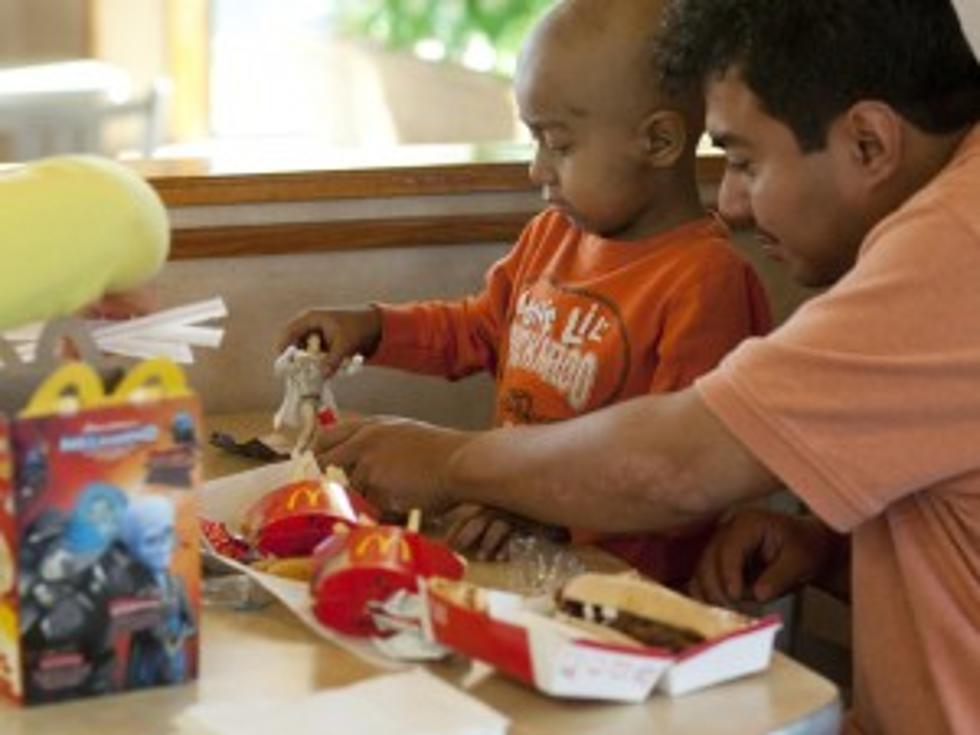
‘Obesity May Run in the Family,’ Say Researchers — Health Check
Is obesity contagious? A study back in 2007 seemed to indicate that, saying we get it from our friends. To back that up, researchers highlighted data showing members of social groups were likely to have similar rates of obesity. New research, however, seems to be changing all this by finding that social interactions may have little impact on body weight.
Instead, early-life family dietary habits and ideas about weight are much more influential, and can even predict obesity later on.
“Friends don’t appear to impact weight much, unless they happen to live in the same household,” says study author Heather W. Brown, PhD, of Newcastle University in the UK. “From a public policy point of view, this suggests that efforts to prevent obesity won’t have much of an effect if they target social networks.”
To better understand the role of genetic predisposition and how childhood habits impact adult body weight, Brown and Jennifer Roberts of the University of Sheffield developed their own mathematical model using adult and adolescent sibling data. They found those influences were far more important predictors of body weight than changeable factors like friends.
However, Indiana University mathematics professor Russell Lyons, PhD, finds fault with both the earlier study and with Brown's and Roberts' data. “The bottom line is that neither one of these studies tells us much," he says. "There really isn’t good research on the impact of social networks on obesity.”
[WebMD]
More From TSM Interactive









